imf
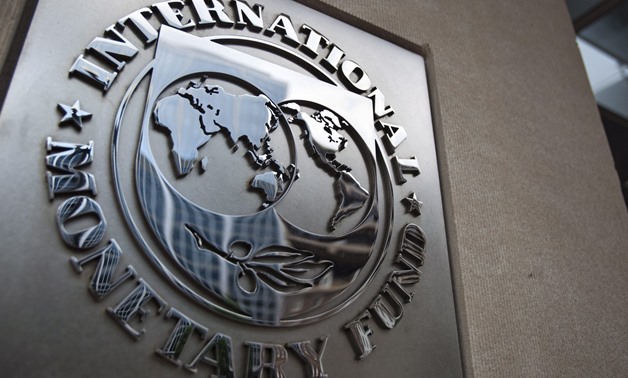
Globally, growth projections remain stable at 3.2 percent for 2024 and 3.3 percent for 2025
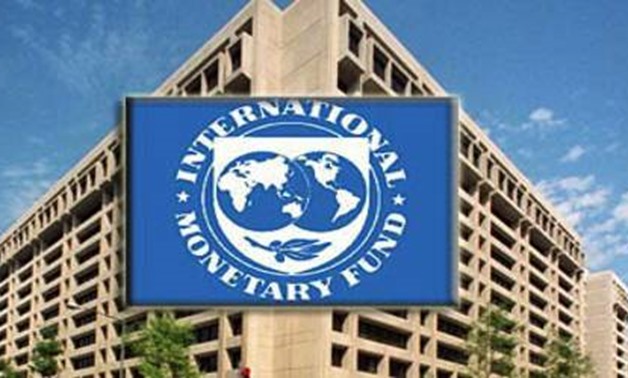
This postponement comes as a result of certain conditions that need to be met, as communicated by a government official in an interview with Asharq.

IMF and Egypt reach staff-level agreement on crucial policy reforms.
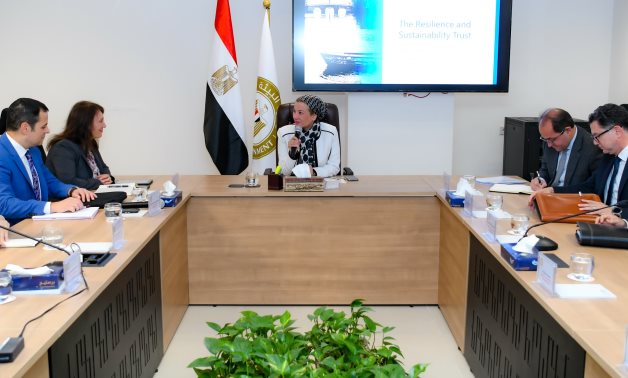
The meeting has initiated discussions for Egypt to secure 1.2 billion in environmental funding through the IMF's special support packages and to explore avenues for future collaboration in bolstering environmental and climate policies, the Ministry added.
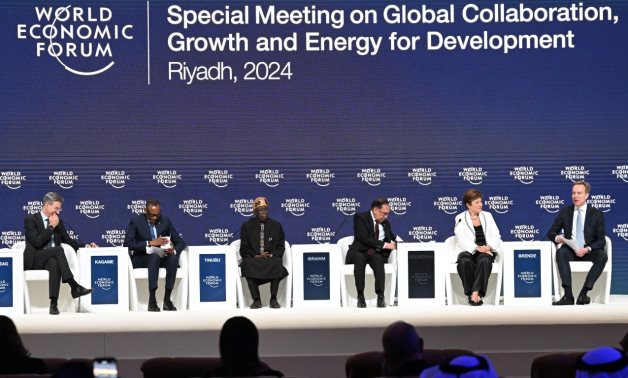
This announcement was made during Madbouly's participation in the opening session of the World Economic Forum in Riyadh, where he represented President Abdel Fattah El-Sisi.

The IMF announced that the authorities repealed the required use of Letters of Credit, although the repeal failed to fulfill its intended objective of removing an instrument for rationing import demand.

The International Monetary Fund (IMF) has released its experts' report on Egypt's financing program, shedding light on the country's economic policies and financial commitments.
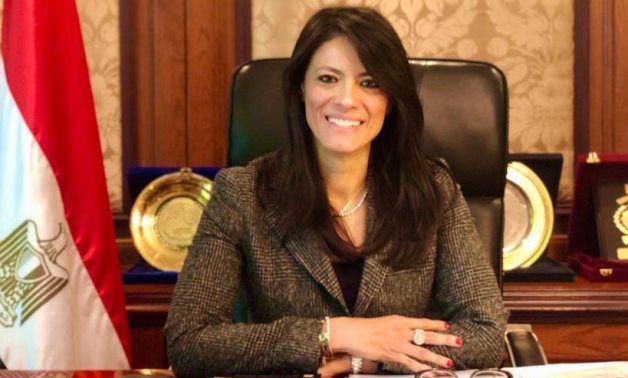
Egypt’s Minister of International Cooperation (MoIC), Rania Al Mashat, recently stated in an interview that the World Bank (WB) is expected to disburse $1 billion during the second half of 2024 as part of the $6 billion support package announced back in March
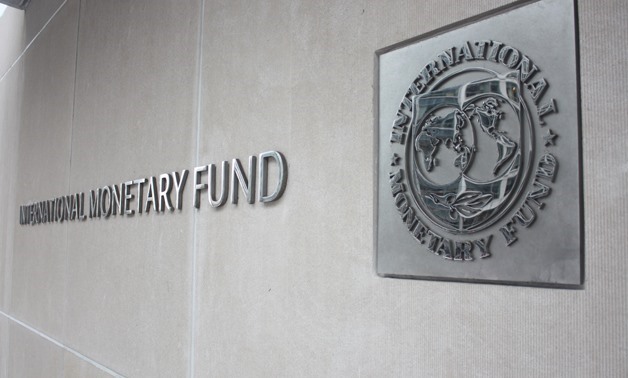
The IMF stated during a press conference, Tuesday, as part of the World Economic Outlook report, that the Egyptian economy achieved a growth rate in gross domestic product (GDP) of 3.8 percent during 2023.

Her participation in these meetings aims to address global challenges by exploring various financing solutions, fostering private-sector investments, and enhancing resilience against future disruptions.
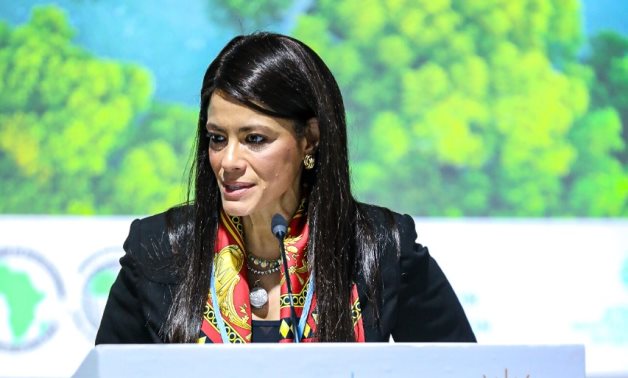
The Spring Meetings will include government officials from various countries of the world, and country governors at the World Bank Group, in addition to private sector companies, civil society organizations, academics, and other relevant entities, to discuss international efforts towards enhancing cooperation to achieve sustainable development and poverty eradication.
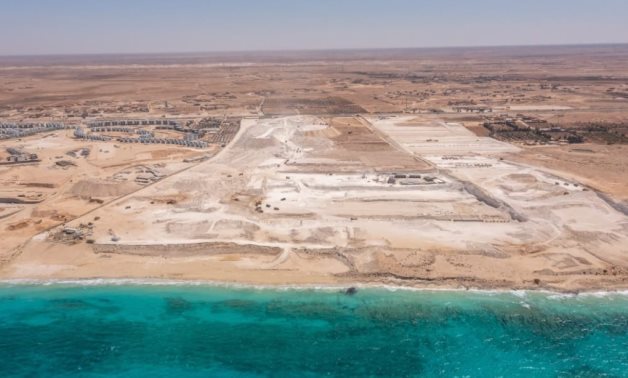
The International Monetary Fund (IMF) Mission Chief for Egypt Ivanna Vladkova Hollar said that the Ras El-Hekma deal, which is worth $35 billion, will reduce the pressure on the balance of payment but if it were used prudently.

Hollar also highlighted that the third review of Egypt's economic reform program is expected to be completed by the end of June. Following this review, a new loan tranche, with a maximum amount of $820 million, will be disbursed.
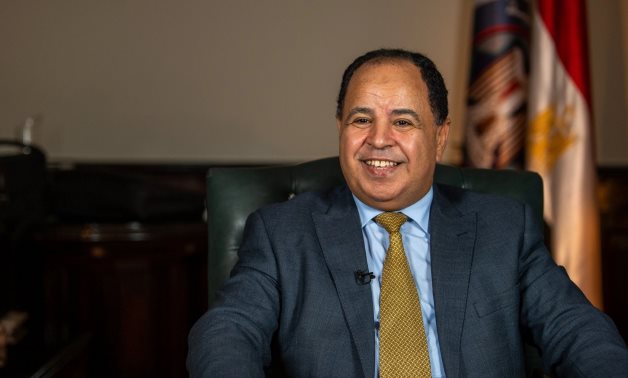
In a statement released on Saturday, the minister emphasized the significance of the IMF’s approval in support of Egypt’s economic reforms

Madbouly added, during a press conference, that the Egyptian state is working on increasing dollar resources and rationalizing spending.

The IMF elaborated that this approval enables Egypt to immediately draw about $820 million (SDR 618.1 million). Egypt’s 46-month EFF arrangement was approved on December 16, 2022.
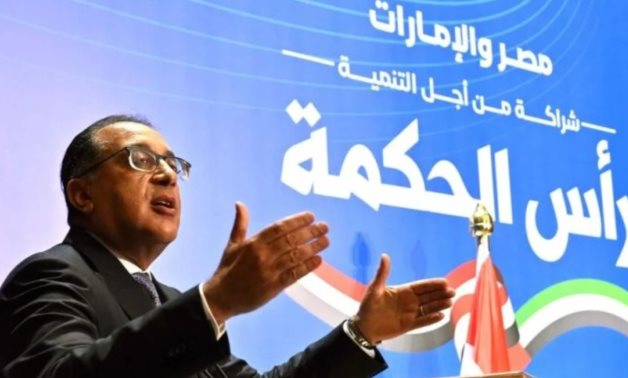
The International Monetary Fund stressed the importance of implementing economic policies and supporting the private sector to be an engine of growth.

The International Monetary Fund (IMF) said that the growth rate of the Egyptian economy reached 3.8 percent during the last fiscal year 2022-2023 and will reach 3 percent during the current fiscal year 2023-2024, expecting the growth of Egypt’s economy to rise to 4.5 percent in the next fiscal year 2024-2025.
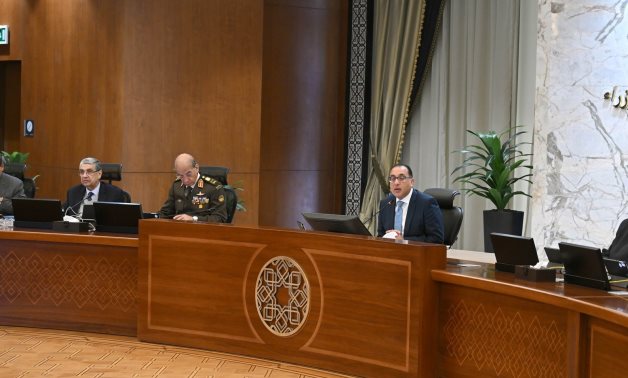
Prime Minister Mostafa Madbouli announced that remittances from Egyptian expatriates are gradually returning to their usual levels, particularly due to the narrowing gap between the official exchange rate and the black market rate.
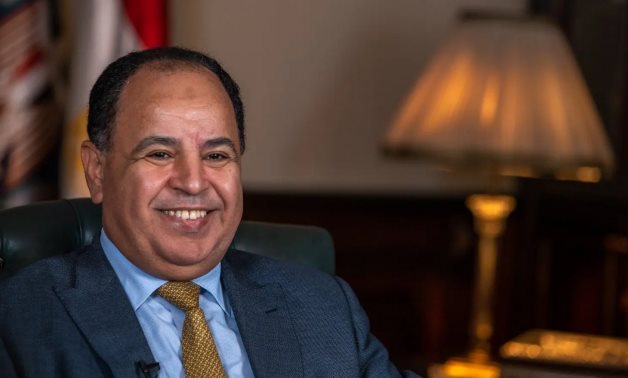
In another interview with the same publication, Maait confirmed that Egypt is set to receive an additional $3 billion from the World Bank in the coming period.
Most Read